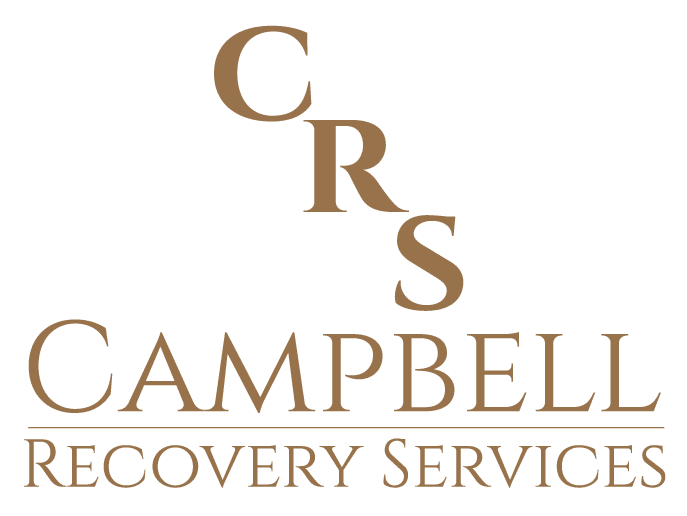Internal Family Systems (IFS) is an approach to psychotherapy that recognizes each individual is comprised of subpersonalities, working together to drive your thoughts and behaviors. In a perfect world all of these inner parts are working together efficiently to create a healthy balance. However, when a trauma is experienced, resulting in pain and struggle for […]










